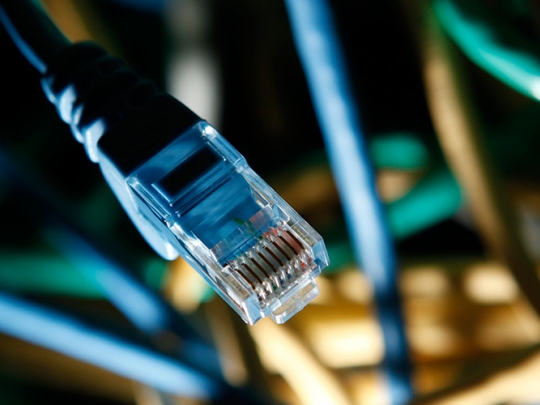'The internet will shut down for 24 hours in 2017 causing financial markets to crash'

Millions of computer users across the world could be blocked from the internet this year as the global network will shut down for 24 hours, US technology security vendor LogRhythm predicted in December.
The company’s chief information security officer and vice president James Carder told Business Insider, it won’t just be a technical issue stopping people from uploading their selfies on Instagram.
"In 2017, we’re going to see it hit big sometime, somewhere. If the internet goes down, financial markets will tank," he said.
According to Carder, there were all the signs in 2016, with criminals "testing missiles by shooting them into the ocean."
"We saw the massive DDoS [distributed denial of service] attack against DynDNS just a couple of months ago. That DDoS attack took down sites like Twitter and Spotify for a few hours. We saw a similar DDoS hit Brian Krebs before the attack against Dyn. These were really just tests," he said.
In October a mass cyber-attack crippled some of the world’s biggest websites with users unable to access Twitter, SoundCloud, Spotify and many others for over two hours.
"If you can prove that you can take down massive sites and a large chunk of the US internet for a few hours, a 24-hour outage seems pretty easy to do?" said Carder.
The head of LogRhythm also said the issue of "fake news" will only get worse this year, with hackers targeting major media sites.
"The power of influence is starting to shift away from mainstream news outlets, and I don’t think that is something those mainstream outlets can afford to let happen. They will respond to the fake news threat by trying to implement some level of media control that will likely take it a little too far," he said.
"I think hackers, in the name of protecting our freedom of speech, will retaliate by knocking down a major media outlet or two."
LogRhythm’s Australia and New Zealand director of sales Simon Howe has predicted that ransomware on mobile devices will become far more prevalent in 2017.
According to him, attackers will target unsuspecting smartphone users and hold their personal data hostage to extort money.
“For example, attackers will threaten to send out or delete a user’s photos unless a ransom is paid. Just think — how much you would pay to recover your photos?" said Howe.
He added that attackers will use pre-authenticated tokens to disseminate malware.
“Because so many Apple devices are interconnected, the malware could very quickly spread," he said.
- Source : RT















